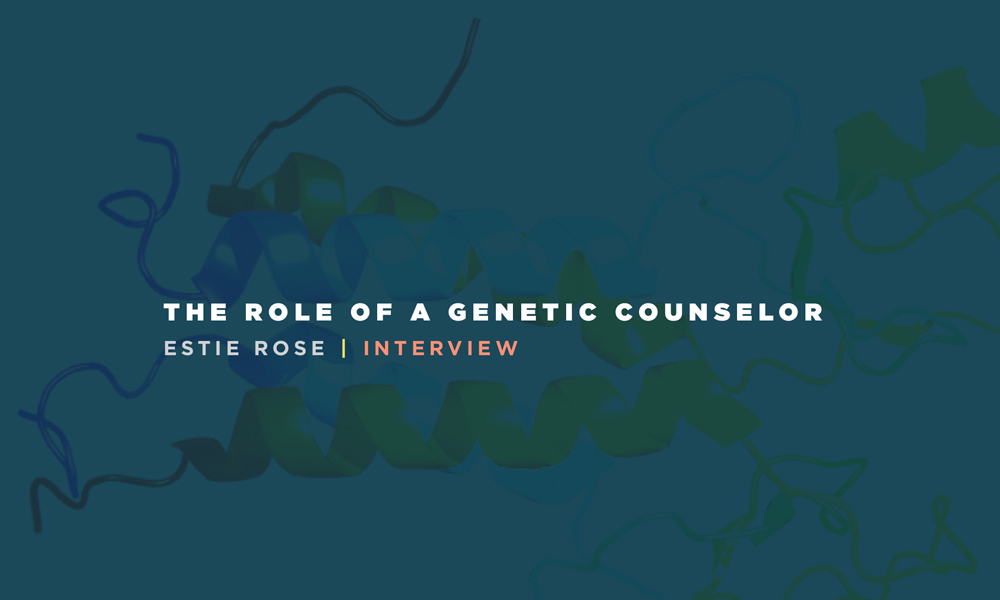
Not all genetic counseling appointments will end with a person electing to proceed with genetic testing. Elect to proceed with testing/select appropriate testing option.Discuss different testing options available.Talk through cost, insurance coverage, and logistics.Explore genetic testing including limitations, benefits, insurance/legal implications, and possible results.Discuss cancer and the role genetics play in it.Review patient’s family history of cancer.Review patient’s personal health history.Most cancer-focused genetic counseling sessions have similar flows as follows: Genetic counseling often begins with an initial session that lasts anywhere from 45 minutes to an hour and a half. However, no matter the slight differences the ultimate goal of all genetic counseling is to help people better understand their health risk as related to hereditary factors and guide educated decisions about what is best for an individual’s healthcare.
#SUMMARIZE THE ROLE OF A GENETIC COUNSELOR. PROFESSIONAL#
The process varies slightly depending on the setting of genetic counseling or even the medical professional providing the counseling. While genetic testing is a tool to gain information, genetic counseling is a process that helps interpret the information and place it in a personal context. It can be difficult to interpret these results and to understand what options you have to react to the information or if you need to react at all. You’ve used the tool and gotten information, but alone, that is all that genetic testing offers. Okay, well what now? What does this actually mean for your health, and what should you do about it? This is where genetic testing ends. It’s reported that you have a genetic change in a gene that likely caused your mother’s history of cancer. You get your blood drawn and three weeks later you receive a phone call with the result. Being concerned about your personal risk you elect to pursue genetic testing to see if you carry a hereditary risk for breast cancer. Your mother had a history of breast cancer diagnosed at the age of 40, but she never completed genetic testing to your knowledge. The test is typically carried out on either a blood or saliva sample, and results are back in two to six weeks. Hereditary cancer genetic testing is when a person, with or without a personal history of cancer, completes testing to determine if they carry an inherited genetic change that is putting them at an increased risk of developing cancer. This type of testing is used in the medical setting because the results are trusted to have a high level of accuracy and validity, therefore making them useful for medical management. Clinical genetic tests are performed through labs that meet standards of quality mandated by the government. When people are considering genetic testing, it is important to understand that there are different levels of tests and not all tests are of a medical or clinical grade. A genetic test may be able to help a person learn more about their ancestry, to aid in making a medical diagnosis, or it may even help to determine health issues for which a person is at an increased risk. The information gained from genetic testing depends on the type of changes the test is created to evaluate. The Centers for Disease Control and Prevention (CDC) states that “genetic testing looks for changes, sometimes called mutations or variants, in your DNA.” In more simple terms, genetic testing is a tool that looks at your genetic makeup, the hereditary information passed to you from your mom and dad, for things that are unique or different than what may typically be expected. To begin to answer this question it’s important to first define genetic testing. This makes many people question: What exactly is the difference between genetic testing and genetic counseling, and is it necessary that the two accompany each other? Genetic Testing

Depending on where or why a person is pursuing genetic testing they may find themselves with a referral to undergo genetic counseling.

Genetic counselors are specialized healthcare providers responsible for providing the service of genetic counseling.

While genetic testing has experienced this time of rapid growth, it has been matched by a field of professionals, genetic counselors. There has also been an increase in primary care providers ordering clinical genetic testing for their patients for a wide variety of medical reasons. It has become more readily available to people everywhere through commercial companies like AncestryDNA and 23andMe. In the past decade, the information available about genetic testing has greatly increased. This content was written by Alora Terry, LGC, at Thompson Cancer Survival Center Posted on Jin Blog Genetic Testing versus Genetic Counseling: What’s the Difference? Alora Terry, Licensed Genetic Counselor Genetic Counseling versus Genetic Testing Genetic Counseling versus Genetic Testing.


 0 kommentar(er)
0 kommentar(er)
